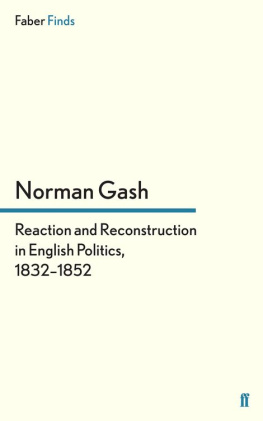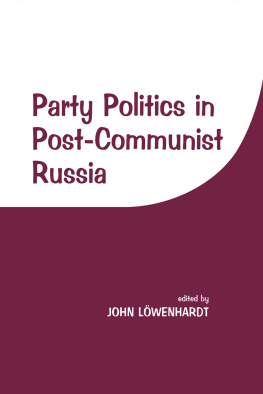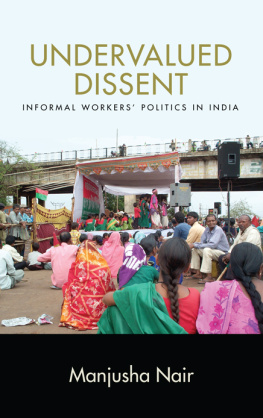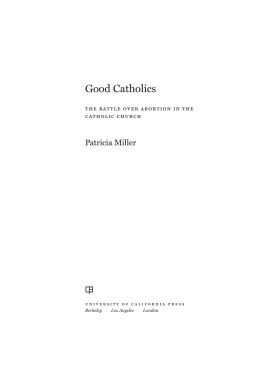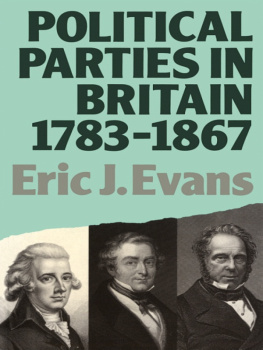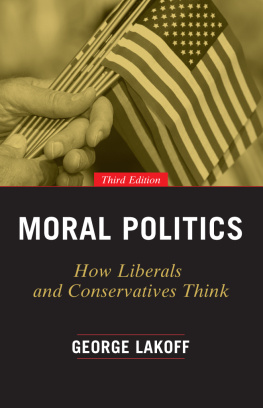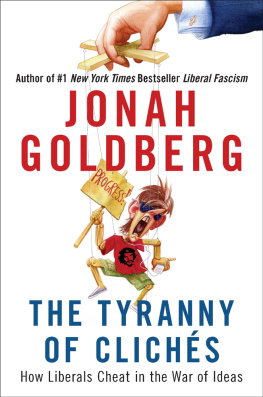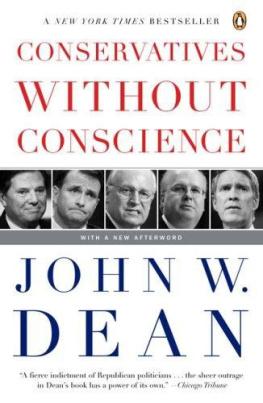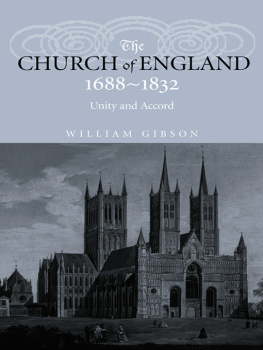Gash - Reaction and Reconstruction in English Politics, 1832-1852
Here you can read online Gash - Reaction and Reconstruction in English Politics, 1832-1852 full text of the book (entire story) in english for free. Download pdf and epub, get meaning, cover and reviews about this ebook. City: London;Great Britain, year: 2013, publisher: Faber & Faber, genre: Politics. Description of the work, (preface) as well as reviews are available. Best literature library LitArk.com created for fans of good reading and offers a wide selection of genres:
Romance novel
Science fiction
Adventure
Detective
Science
History
Home and family
Prose
Art
Politics
Computer
Non-fiction
Religion
Business
Children
Humor
Choose a favorite category and find really read worthwhile books. Enjoy immersion in the world of imagination, feel the emotions of the characters or learn something new for yourself, make an fascinating discovery.
Reaction and Reconstruction in English Politics, 1832-1852: summary, description and annotation
We offer to read an annotation, description, summary or preface (depends on what the author of the book "Reaction and Reconstruction in English Politics, 1832-1852" wrote himself). If you haven't found the necessary information about the book — write in the comments, we will try to find it.
Gash: author's other books
Who wrote Reaction and Reconstruction in English Politics, 1832-1852? Find out the surname, the name of the author of the book and a list of all author's works by series.
Reaction and Reconstruction in English Politics, 1832-1852 — read online for free the complete book (whole text) full work
Below is the text of the book, divided by pages. System saving the place of the last page read, allows you to conveniently read the book "Reaction and Reconstruction in English Politics, 1832-1852" online for free, without having to search again every time where you left off. Put a bookmark, and you can go to the page where you finished reading at any time.
Font size:
Interval:
Bookmark:
IN MEMORIAM
F.G. 1963 K.G.
A.W.
After the result of the first general election under the Reform Bill was known, the exclamation resounded throughout the land: The Tory party is annihilated! The Whigs believed that they were firmly established in power for half a century, and their opponents, although they talked of reaction, had no serious hopes of rallying during the present generation.
LORD CAMPBELL
Their lot was cast in the ten years of inevitable reaction, when, the Reform excitement being over, and the few legislative improvements which the public really called for having been rapidly effected, power gravitated back in its natural direction, to those who were for keeping things as they were.
J. S. MILL
T HESE lectures are printed as given except for some passages, mainly in chapters V and VI, which had to be omitted in delivery because of limitations of time. I have, on the other hand, made fuller use of footnotes than I would otherwise have felt justified in doing, in order to expand and illustrate points more briefly made in the text.
I wish to express my deep gratitude to the University of Oxford and to the Board of Electors to the Ford lectureship for the honour they did me in inviting me to deliver the lectures. I take this opportunity also of thanking the President and Fellows of my own college of St. Johns for the personal kindness and hospitality they showed me during the period when the lectures were being given.
My further acknowledgements are due to His Grace the Duke of Wellington, to the Earl of Clarendon, to Sir Fergus Graham, and to Major-General E. H. Goulburn for their courtesy in allowing me to quote from their family papers; and to Professor W. O. Aydelotte for assistance and information on many points connected with the Parliament of 18417. My friend and colleague Dr. F. A. Dreyer not only taught me much in his unpublished thesis on The Russell Administration, 184652 and in many conversations, but with great generosity put at my disposal his transcripts of the Russell, Grey, Broughton, and Clarendon MSS. for that period. One other indebtedness may be mentioned. I began systematic reading for these lectures when I was Hinkley Visiting Professor at Johns Hopkins University in 1962. If I now gratefully recall the leisure and facilities afforded me there by the staff of the history department under their chairman Dr. Charles Barker, they will know that I am only recording a small part of the sum of my obligations to them.
NORMAN GASH
St.SalvatorsCollege
St.Andrews
July1964
T HIS , said the EdinburghReview in 1831, The sententious truism of the Review is a commonplace; Mills observation has been less often repeated. Yet there is an undeniable truth in what he said. The truth, moreover, is considerably broadened if we interpret reaction not merely in the political sense of negative opposition but also in the physical sense: the response of men and institutions who were not eager for innovation but who under pressure were politic enough to accept and even initiate reforms of a select and modified kind. There is even a third category: men who started as reformers but were either disappointed at the results of reform or disturbed at the lengths to which others wished to carry it.
It is a melancholy thought that as soon as reforms are put into practice, disillusionment enters the political scene. The great initial reforms of the 1820s, designed to pacify and heal, seemed only to exacerbate feeling. The return to gold in 1821 and the attempts to revise the Corn Laws between 1822 and 1828 created the unease among agriculturists which flared up so memorably in 1846. The repeal of the Test and Corporations Acts in 1828 was followed by twenty years of greater bitterness between Church and Dissent than had been known since Queen Annes reign. The passage of Catholic Emancipation was followed by twenty years of growing fear and dislike of Roman Catholicism. The Reform Act of 1832 was followed by the political alienation of the working classes, the progressive disillusionment of many of the middle classes, the decline of parliamentary radicalism, and the emergence of the two greatest extra-parliamentary political movements of the century; while the Crown and the House of Lords were more active in the succeeding five yearsand more active against reformthan in the preceding twenty-five. The domestic history of the 183252 period can be largely construed in terms of those who wished to press forward, those who wished to compound with, and those who wished to resist the Movement (in the phrase borrowed from continental politics) which had won its first successes in the great organic changes of 182832. By themselves those changes decided very little; they were facilitating rather than operative measures. The crucial issue was what religious equality and parliamentary reform would mean in the language of practical legislation and exercise of power. In a sense, it was only after the Reform Act had passed that the real crisis began: the post-Reform crisis of adjustment between what had been done and what men thought should be the consequences of what had been done. Many of the subsequent reforms are important; but equally significant is the phenomenon of reforms attempted and defeated, and those deflected or transformed.
There is a case then for trying to give a more general and synoptic treatment to those aspects of the period after 1832 which consisted in reaction to reform; and they can be studied most clearly in the context of the political constitution, not only because the effective test was political, but also because that constitution itself was the main object of assault. As a generalization, what gave unity and coherence to the early nineteenth-century reform movement was the attack on the eighteenth-century structure of social and political power. The Movement had an undeniable air of class war. But there were many cross-currents, and it was a confused conflict which did not end in complete victory or complete defeat. If the period after 1852 is, as Professor Burn has called it, an age of equipoise, it was because the previous decades had seen a prolonged battle of interests, parties, and ideas in which most of the combatants fought themselves to a standstill. Yet there was no sudden change from reform to stagnation. The equilibrium had already begun to assert itself in the 1840s. Rival strengths had been tested at various points, and the limits of effective action more clearly marked than ever before. Much was done; a great deal abandoned as impracticable. The exaggerated hopes and fears of the reform era gave way to a more sober appraisement of the realities of social and political life; and in the end the moderate men were left in possession of the field.
An analysis of post-Reform Act politics from this standpoint may conveniently begin with the obvious and relatively simple problem of the monarchy. When men spoke, Yet if the King could not change his Ministers without a general election, this in itself was a serious limitation on his freedom of action. As Burdett wrote in November 1834,
I fear the King has made a rash move and with no apparent justification, and as by the Reform Bill he cannot in reality appoint his Ministers, as whoever he appoints must go to large bodies of constituents to be approved, and as in the present unsettled state of the public mind, they may very likely be rejected, the King and the country will be placed in a very dangerous position.
The pre-existing limitations on the royal power are obscured, however, by the coincidence that 1830 saw both a Reform Ministry and a new King.
In part the contrast between the monarchy before and after twice dissolved Parliament for political purposes before its time; three times made formal proposals to his Ministers for a coalition with their political opponents; and on one celebrated occasion allowed his name to be used, independently of his political advisers, to influence a crucial vote in the House of Lords.
Font size:
Interval:
Bookmark:
Similar books «Reaction and Reconstruction in English Politics, 1832-1852»
Look at similar books to Reaction and Reconstruction in English Politics, 1832-1852. We have selected literature similar in name and meaning in the hope of providing readers with more options to find new, interesting, not yet read works.
Discussion, reviews of the book Reaction and Reconstruction in English Politics, 1832-1852 and just readers' own opinions. Leave your comments, write what you think about the work, its meaning or the main characters. Specify what exactly you liked and what you didn't like, and why you think so.

